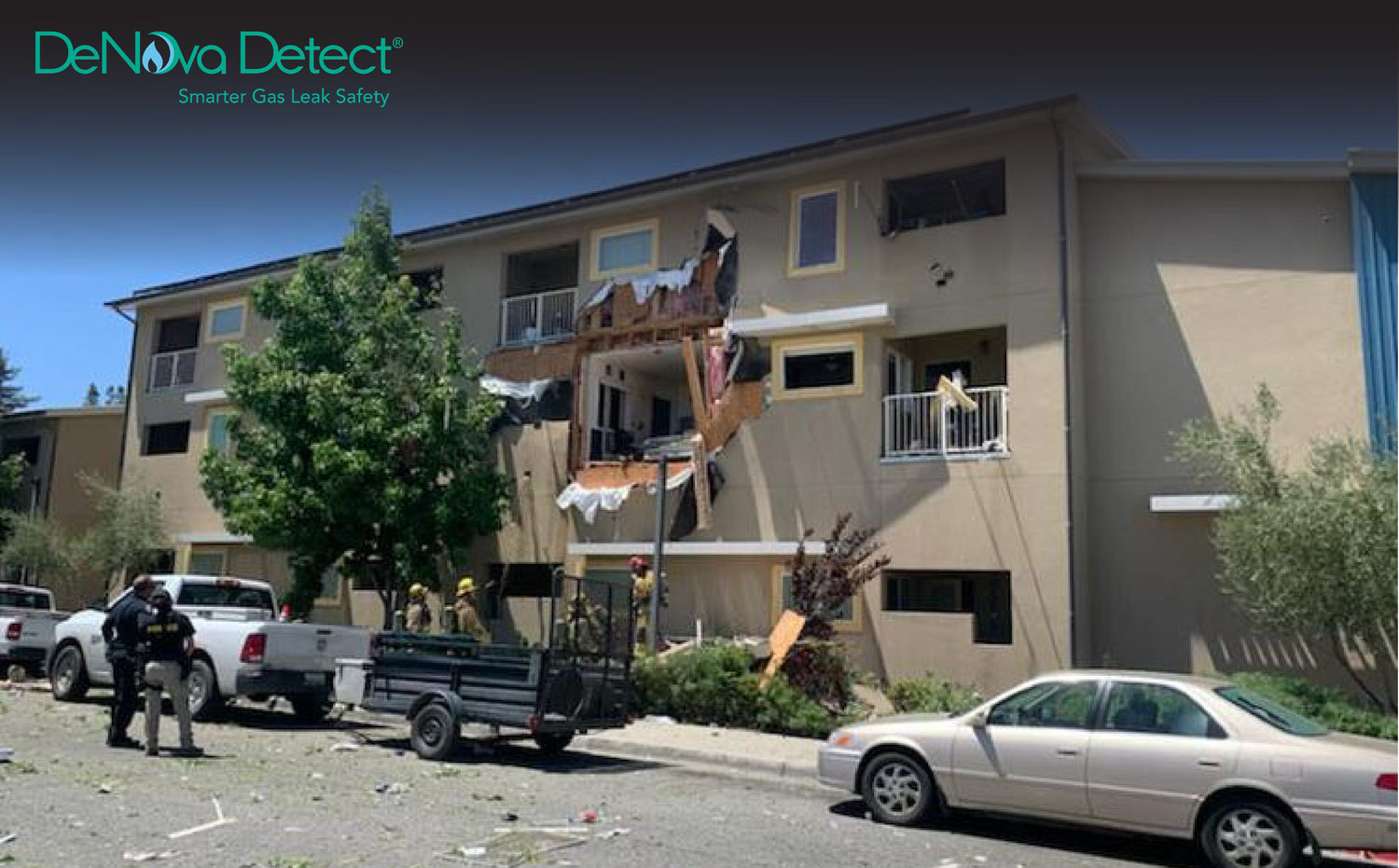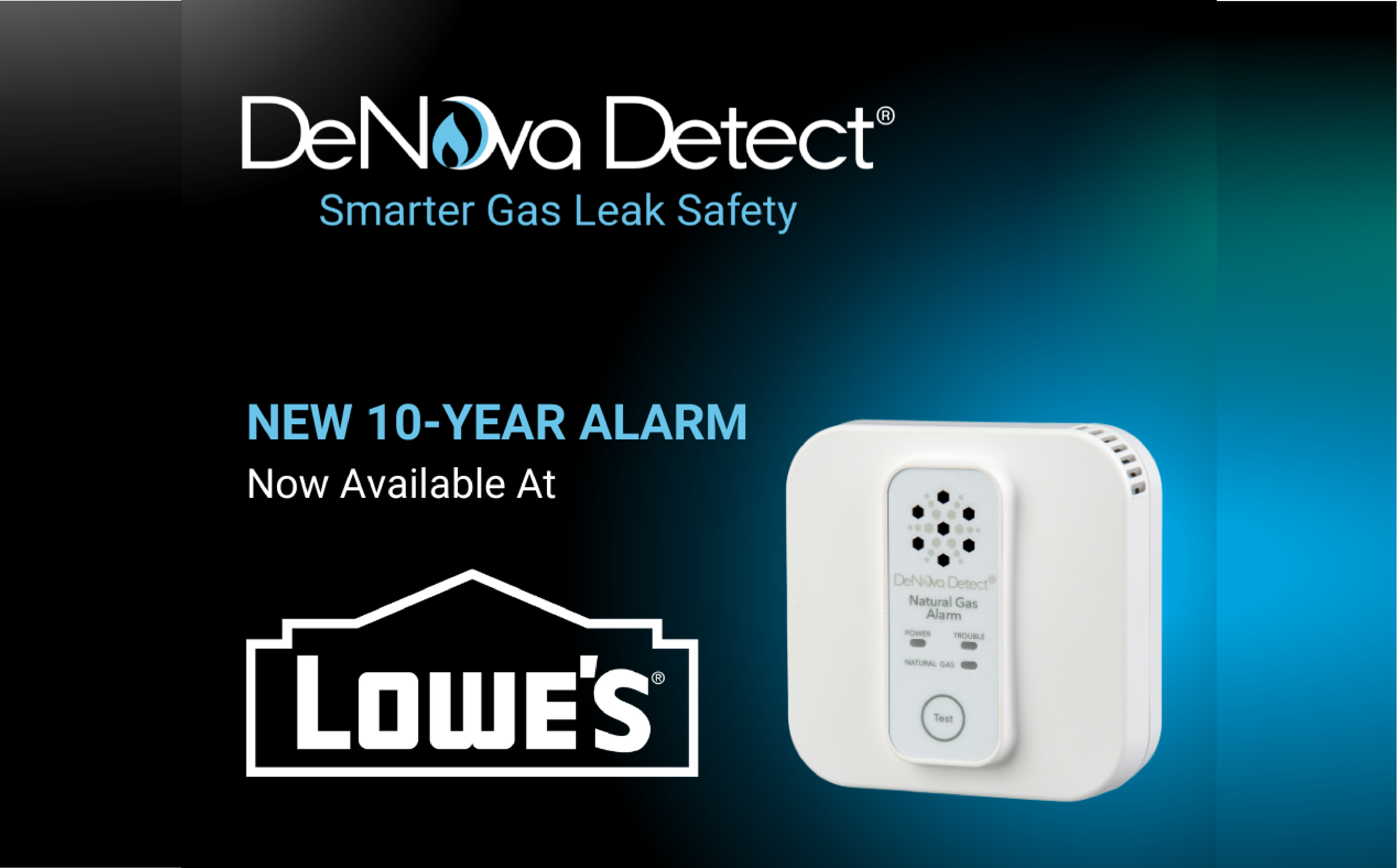A small device might have made a big difference last year at Bakersfield's Park 20th apartments.
Unknown to residents there, natural gas had escaped inside the building, raising the risk of a dangerous explosion. It happened on June 30, 2022, when the gas ignited and left a 66-year-old man with extensive, third-degree burns that killed him a few days later.
Smoke alarms have become common in California homes, and even carbon monoxide sensors are gaining acceptance. But what many people may not realize is that natural gas detectors can give people an early warning that could avert disaster.
A variety of natural gas-detecting models have been put on the market at different price points. One about to become available at Lowe's stores in Bakersfield and elsewhere costs about $100 and comes with a 10-year battery instead of a power cable, allowing owners to place it near the ceiling where gas typically gathers.
Chicago-based DeNova Detect's plan to release the devices Dec. 4 has come as lawmakers in several states propose bills that would require residential natural gas detectors to be installed in homes just like smoke alarms. Already Maine mandates their use in homes.
According to DeNova, natural gas explosions occur about every 40 hours on average around the United States. It said there have been 18 such accidents in California during the last four years, killing two people, injuring at least two firefighters and causing millions of dollars in property damage.
In New York, natural gas utility Con Edison is installing 400,000 DeNova Detect alarms for its customers, considered the largest deployment of gas alarms in the country.
The company, touted as being the developer of the first residential natural gas alarm, says it has sold more than 70 million residential gas alarms around the world. It says the new model hitting Lowe's shelves next month puts out an alarm 11 minutes sooner than competing models.
Instead of a beeping, the device tells residents, in English or Spanish, “Danger — gas leak explosion risk — evacuate, then call 911.”
Most U.S. homes use natural gas for heating or cooking. In rare instances, leaks come from an external source.
While natural gas leaking from idle oil wells has raised concerns in and around Bakersfield in recent years, a gas-flare pipeline leak nine years ago in Arvin actually forced about three dozen people from their homes for more than eight months.
State regulators ultimately levied a $75,000 fine against the company that owned the pipeline, Petro Capital Resources, after determining it had failed to properly test, operate and maintain its oil field production facilities, and that it had not prepared an adequate pipeline management plan because it didn’t include any testing method for its pipelines.
Source: Bakersfield.com





Leave a comment
This site is protected by hCaptcha and the hCaptcha Privacy Policy and Terms of Service apply.